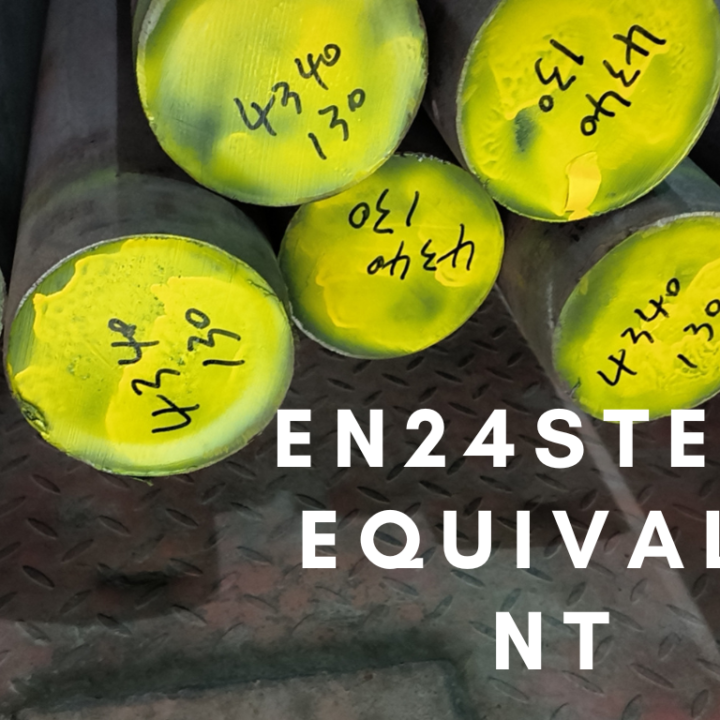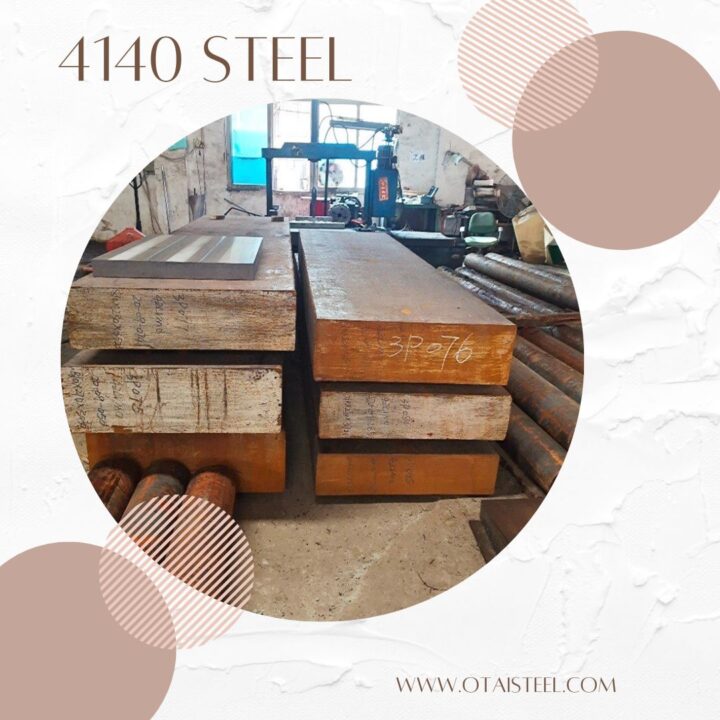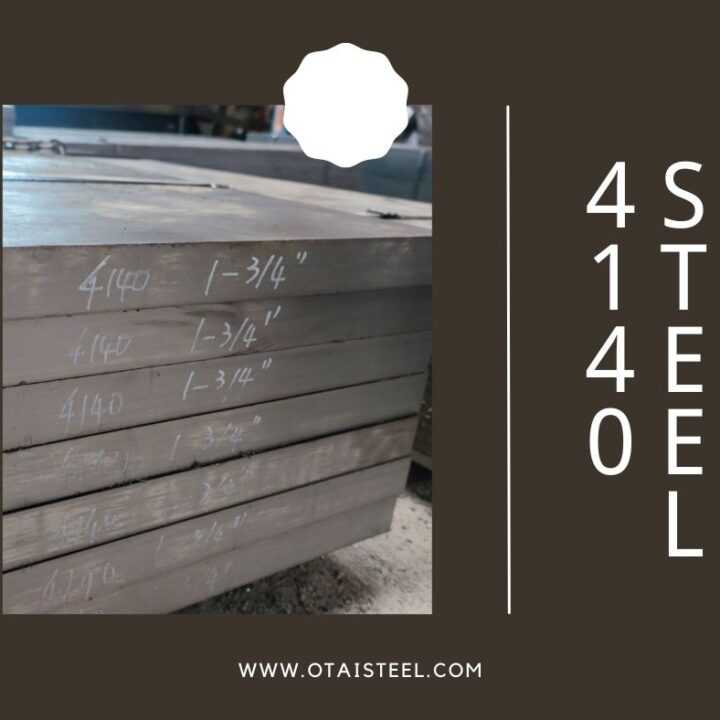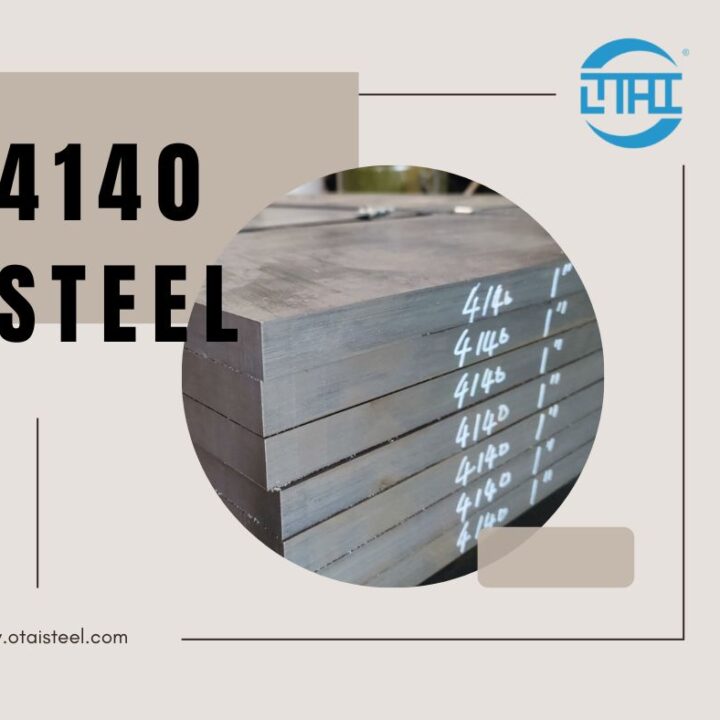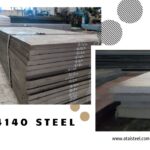The impact of alloying elements on the properties of 4140 steel
Adding alloying elements to steel can improve its properties, such as strength, toughness and wear resistance. For 4140 steel, adding chromium and molybdenum can improve its mechanical properties.
Chromium, the key alloying element in 4140 steel, is usually present in a content of 0.8% to 1.1%. Chromium improves hardenability, the ability of steel to harden after heat treatment. This allows 4140 steel to achieve high strength and hardness after heat treatment. Chromium also enhances the corrosion resistance of steel, making it ideal for use in harsh environments of corrosion.
Molybdenum is another important alloying element in 4140 steel and is usually present in 0.15% to 0.25% content. Molybdenum can improve the high temperature strength and toughness of steel, making it suitable for applications where high temperature exists. It also increases the wear resistance of steel, which is important in applications where steel is subject to heavy use and wear.
Other alloying elements that can be added to 4140 steel include nickel, vanadium and silicon. Generally, nickel can improve the toughness and impact resistance of steel, while vanadium can improve the strength, toughness and wear resistance of steel. Silicon is added to increase the strength of the steel and reduce its brittleness.
The influence of alloying elements on the properties of 4140 steel is very obvious. By carefully selecting and controlling the content of these elements, manufacturers can create steels with specific properties to meet the needs of different applications. By adding various alloying elements, 4140 steel has become a common and popular material in many industries.
